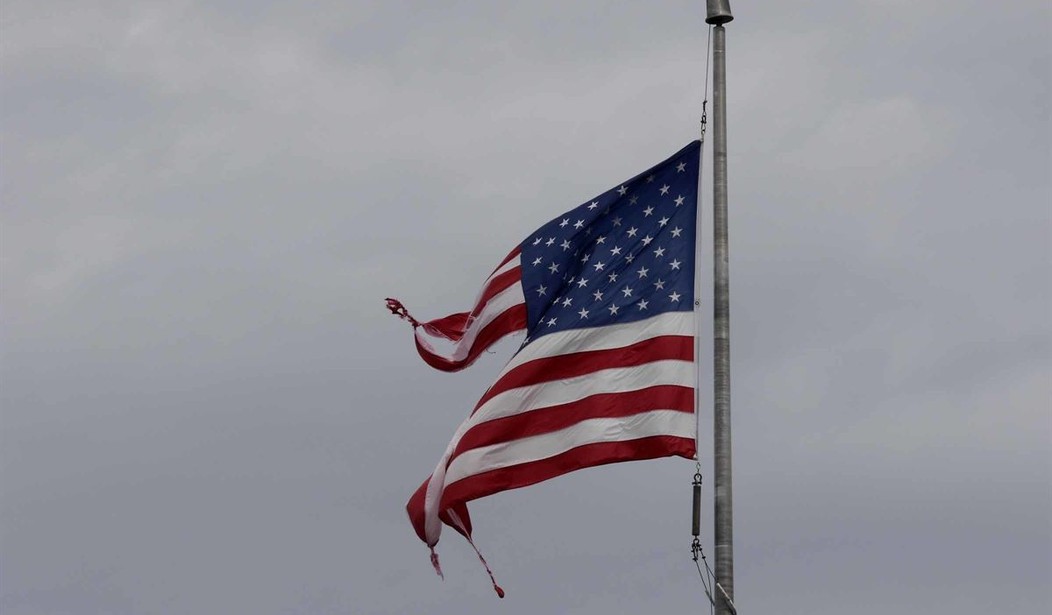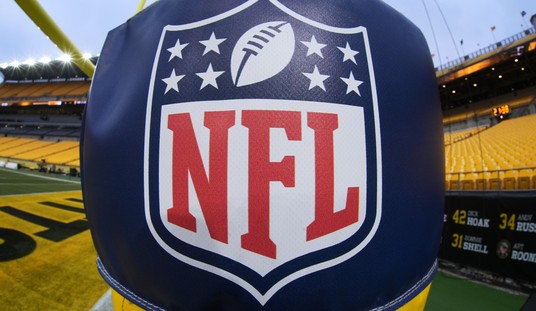There hasn’t really been a global conflagration since the Vietnam War that has so affected so many countries around the world, and will so deeply expose in the weeks, months and years ahead the depth and breadth of our own internal divisions. A nation was once defined by a common culture and a common geography. The question now is: which comes first? Do a people form a nation or does the nation forge its own people? As the country begins reopening for business and a return to some semblance of normal living, the question to consider is, “What will our country look like in a post-coronavirus world?”
There are so many unanswered questions. How many people will really start working again, and when? Will people return to large gatherings in crowded restaurants, to standing room only conventions or sold out sporting events? How will healthcare change now that tele-medicine has become widespread thanks to the removal of regulatory roadblocks? How will that affect access to and the cost of health care?
What about colleges and universities? Higher education has now become an expectation. It doesn’t matter if you have a degree. It only matters if you don’t. Will colleges continue to be able to justify their crushing tuition fees now that virtual classes are a reality that is likely here to stay? Most importantly, what will become of a nation that has been tearing itself apart in a culture war that has been raging for several decades?
Before the COVID-19 virus stopped the “Clock of the World,” America had been in the throes of its sharpest political and cultural divide in the last 160 years. The only thing Americans really seem to have in common is a shared geography – a common piece of land, with a defined longitude and latitude and bounded by two oceans. Against the backdrop of an IT-driven world that makes information closer and meaningful relations with other people further away, the lines of demarcation seem endless.
Unfortunately, parts of America have devolved into a victim-based culture focusing on everything that is wrong in the country, with the media and pundits telling us who is to blame for it. It is the rich vs poor, men vs woman, black and brown vs white and city vs country. It is class warfare, gender identity, toxic masculinity and micro-aggressions. We are now a Me Too, trans-gender, Woke nation where one can choose both their identity as well as their truth. It is a cultural divide where large swaths of the population flirt with thinking socialism is a better economic operating model for the country, despite indisputable historical examples of the poverty and misery it has caused anywhere and everywhere it has been tried. Compounding the cultural divide has been a higher education system whose mission appears no longer to create independent and critical thinkers, but rather, to create a certain kind of thinker.
Recommended
The combustibles were all there just waiting for a match to set it all a blaze. That spark was provided by the coronavirus, which in just a few weeks caused the almost total shutdown of the U.S. economy and the self-isolating lockdown of most Americans. Much will change going forward, driven at least as much by the adverse reaction to the prolonged lockdown and the abrogation of so many civil liberties than from the coronavirus itself. Now more than ever, it is clear China is and will be America’s chief protagonist on the world stage for years to come. That is now out in the open for all to see. It is also certain that there will be a renewed effort to rebuild the U.S. manufacturing base and the repatriation of key American industries, so we are never again held hostage to a global distribution network for critical supplies during times of war or crisis.
However, there are still many overarching questions that as a country remain unanswered. What relationship should and will the people have with their government? What are the things we expect the government to do for us, and what things should we do for ourselves without government interference? What of our civil liberties, which have been severely curtailed or ignored like no time since World War II, when the U.S. was forcing Americans of Japanese descent into internment camps?
Meanwhile, the huge surge in gun sales during the pandemic clearly indicates the country will not accept further erosion of their right to bear arms. Where does that most quintessential American trait of self-reliance fit into our culture? It is a spirit that tamed the West, won WWII, built skyscrapers and landed a man on the moon. Does it have any place in a country that seems to champion diversity and political correctness for its own sake and at the same time preaches conformity over independence and individual achievement?
Brexit and President Trump heralded the reawakening of populism around the globe and were harbingers of things to come here at home. It was a beginning, not an end. Both were outright rejections of unfettered globalism and a reassertion of national sovereignty and nationalism.
Our economy will likely limp through the summer and come back stronger in the fall. Even as people go back to work and our economy stabilizes, we must ask ourselves, “How do we heal the cultural divide that seems to be getting larger by the day?” If we are to survive and prosper as one nation and avoid what many believe is a inevitable second Civil War, there needs to be a rigorous debate about what culture and values we still have in common and what we want America to be. It needs to be an open and honest debate in the public square for all to participate. It will at times be unruly and challenging, to be sure, but without it, America may continue to exist as a geographic entity, but whither the nation?

























Join the conversation as a VIP Member